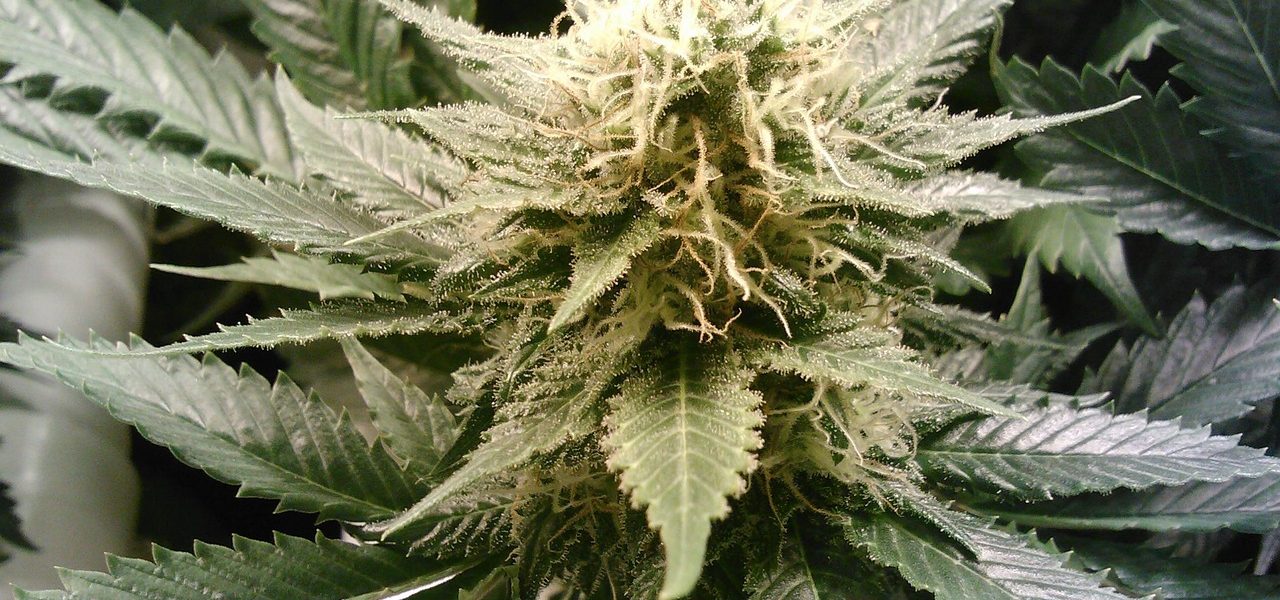Sweden has a complex and strict approach to cannabis‚ with laws reflecting a strong stance against its use‚ sale‚ and distribution. However‚ the landscape is evolving‚ and the concept of weed delivery in Sweden is becoming a topic of interest among both locals and tourists. This article aims to provide an overview of the current state of weed delivery in Sweden‚ touching upon the legal framework‚ the black market‚ and the discussions around legalization.
Legal Framework
In Sweden‚ cannabis is classified as a narcotic substance under the Narcotic Drugs Act (Narkotikastrafflagen). The possession‚ use‚ sale‚ and production of cannabis are illegal‚ with penalties ranging from fines to imprisonment. The Swedish government has a “zero tolerance” policy towards the use of narcotics‚ including cannabis. This stance is reflected in the laws and regulations governing the substance.
The Black Market for Weed Delivery
Despite the strict laws‚ a thriving black market for cannabis exists in Sweden. This underground market includes various methods for obtaining cannabis‚ such as purchasing from dealers or through delivery services that operate discreetly. These illegal delivery services often use encrypted communication channels and various tactics to avoid detection by law enforcement. However‚ engaging with these services comes with significant risks‚ including the potential for scams‚ legal repercussions‚ and exposure to unsafe products.
Risks Associated with Black Market Weed Delivery
- Legal Risks: Purchasing or selling cannabis is illegal and can result in fines or imprisonment.
- Quality and Safety Risks: Products from the black market are not regulated‚ posing health risks due to potential contamination or incorrect potency.
- Financial Risks: There’s a significant risk of being scammed‚ as black market transactions often lack legal recourse.
Discussions on Legalization and Regulation
There is a growing debate in Sweden about the legalization of cannabis for medical or recreational purposes. Proponents argue that legalization could lead to a regulated market that ensures product safety‚ reduces crime associated with the black market‚ and generates tax revenue. Some European countries have already moved towards legalization or decriminalization‚ serving as examples in the discussion.
While the Swedish government has shown some openness to the idea of allowing cannabis for medical use under strict conditions‚ broader legalization remains a contentious issue. The potential for a regulated weed delivery system in Sweden would depend on significant changes to the current legal framework and societal attitudes.
Potential Benefits of a Regulated Market
- Improved Safety: Regulation could ensure that cannabis products are safe for consumption.
- Reduced Crime: A legal market could diminish the black market’s influence and associated criminal activities.
- Economic Benefits: Legalization could create new economic opportunities through taxation and job creation.
The topic of weed delivery in Sweden is complex‚ influenced by strict laws‚ a prevalent black market‚ and ongoing discussions about legalization. While the current legal framework does not permit the delivery of cannabis‚ the evolving landscape suggests that changes may be on the horizon. For now‚ those considering accessing cannabis in Sweden should be aware of the risks and legal implications involved.
Current Trends and Future Prospects
The trend towards legalization and normalization of cannabis use is gaining momentum globally‚ and Sweden is not immune to this shift. As public opinion continues to evolve‚ there is a growing interest in exploring the potential benefits of a regulated cannabis market. This includes not only the economic benefits but also the potential for improved public health outcomes through better regulation and education.
Medical Cannabis: A Step Towards Legalization?
One area where Sweden has shown some flexibility is in the use of cannabis for medical purposes. The country has a limited medical cannabis program‚ allowing for the prescription of cannabis-based medicines under strict conditions. This has been seen as a potential stepping stone towards broader legalization‚ as it acknowledges the therapeutic benefits of cannabis.
Challenges to Legalization
Despite the growing support for legalization‚ there are still significant challenges to overcome. These include concerns about the potential impact on public health‚ particularly among young people‚ and the need for robust regulations to prevent misuse. Additionally‚ there are international treaty obligations that restrict the legalization of cannabis.
International Perspectives and Influences
Sweden’s approach to cannabis is also influenced by international developments. The country’s membership in international organizations and its participation in global drug control efforts can impact its domestic policies. As more countries move towards legalization or decriminalization‚ Sweden may face pressure to reevaluate its stance.
The future of weed delivery in Sweden remains uncertain‚ hanging in the balance between strict drug laws and the evolving public discourse around cannabis. As the debate continues‚ it is likely that Sweden will closely watch the experiences of other countries and consider the potential benefits and challenges of a regulated cannabis market.






